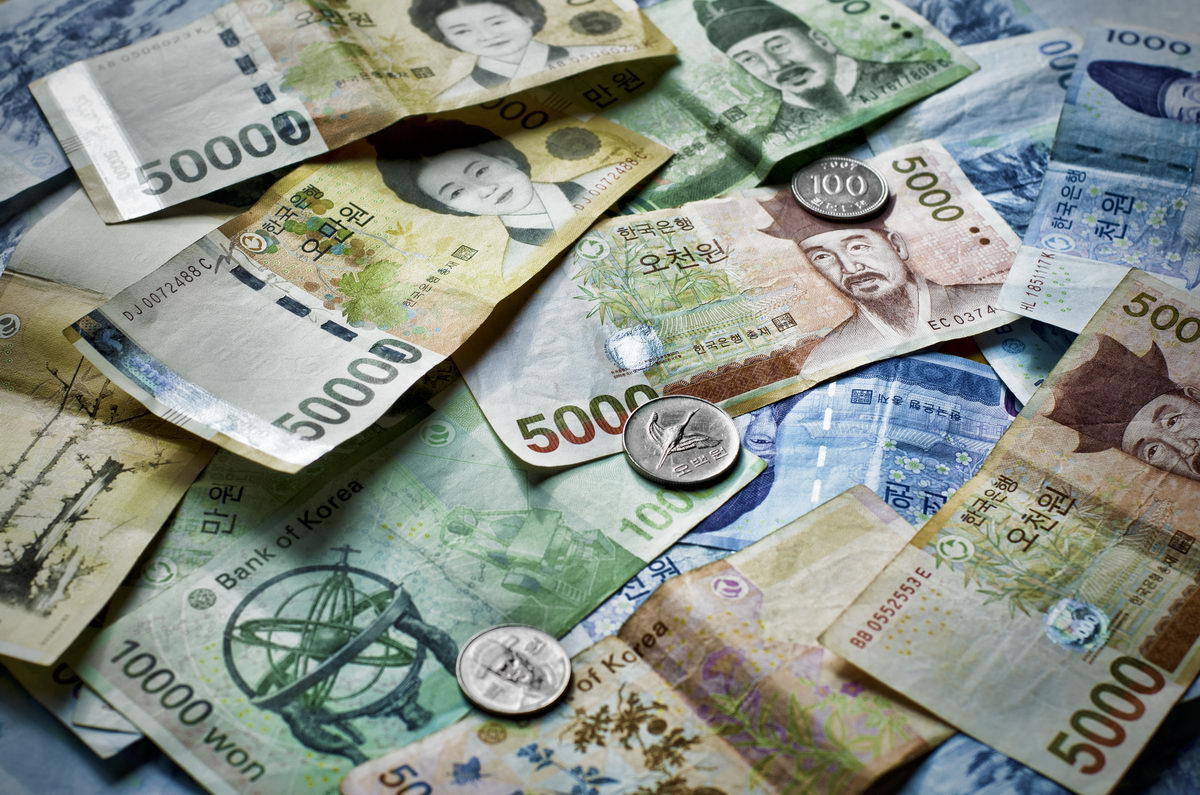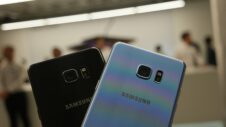Samsung Group is one of the largest and most powerful conglomerates in South Korea so you can imagine that its performance contributes quite a bit to the overall outlook of the country's economy. Samsung recently announced the demise of its Galaxy Note 7 flagship. It finally decided to put an end to this crisis because the handset just wouldn't stop exploding for no apparent reason. The company has already forecasted an immediate $2.3 billion hit and analysts are of the view that the true financial impact of the Galaxy Note 7 crisis will be as high as $17 billion. No wonder South Korea's central bank is concerned that the Galaxy Note 7 crisis is going to have a negative impact on the country's economy.
The Bank of Korea today announced that it's keeping the benchmark interest rate steady at 1.25 percent as expected. While it has kept the growth forecast for 2016 steady at 2.7 percent, the central bank has revised next year's forecast down to 2.8 percent from 2.9 percent. Bank of Korea Governor Lee Ju-yeol said that the discontinuation of Samsung's latest flagship smartphone has been factored into the forecasts for growth and inflation rates. The central bank will require more time to fully assess how big of an impact it's going to have on the economy. All the more reason in the world for Samsung to be extra careful to ensure that this doesn't ever happen again.







